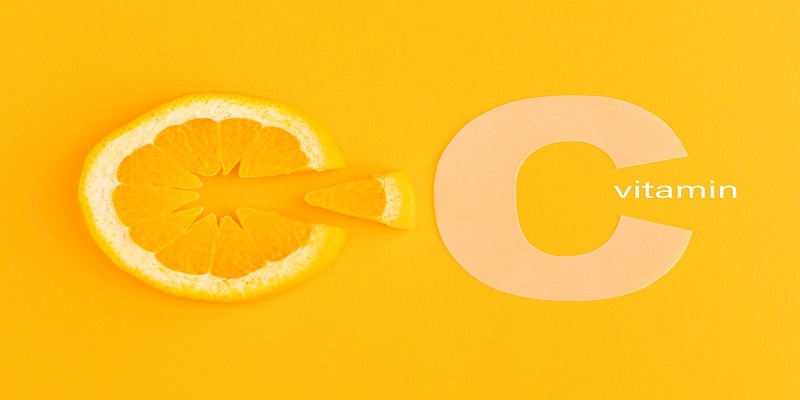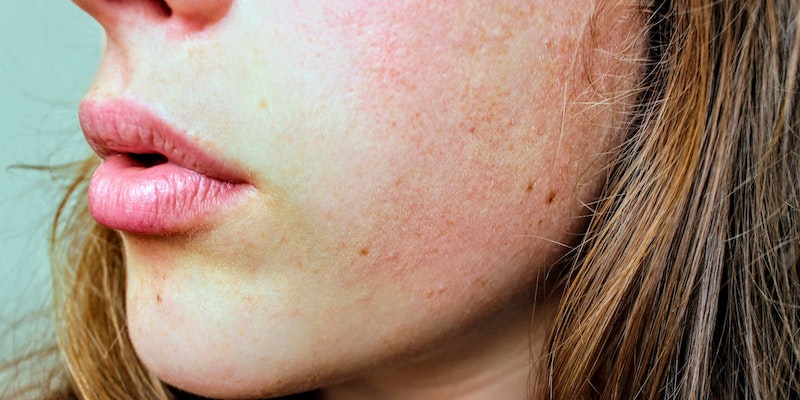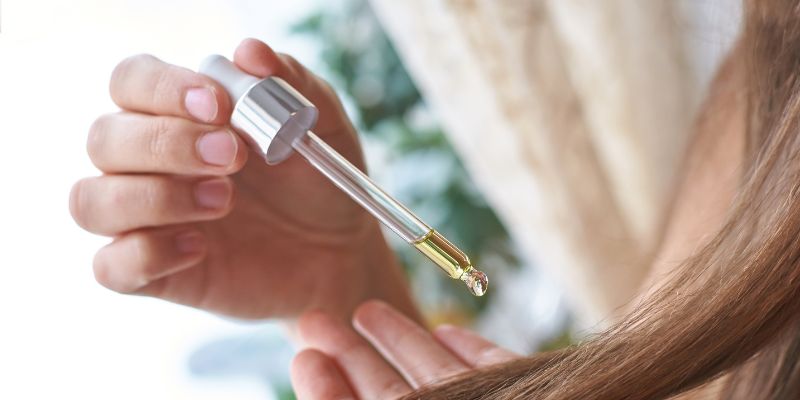Discovering the hidden truth about sugar substitutes that we incorporate into our lives on a daily basis can be shocking and quite disheartening. While they may seem like harmless alternatives to refined sugar, when it comes down to it, these so-called "sugar free" options might not actually do much for your health at all. In this blog post, we'll explore why these common sweeteners just don't measure up - from their worrying ingredient list to how they can actually lead to weight gain - let's uncover the bitter truth about sugar substitutes together!
Highlighting the health risks associated with sugar substitutes:
As society searches for ways to cut back on sugar, sugar substitutes like aspartame and sucralose have become increasingly popular in everyday products like beverages, baked goods, and candy. Despite their widespread use, these sweeteners have drawn criticism for their potential health impacts.
Some studies suggest a link between artificial sweeteners and increased risk of obesity, type 2 diabetes, and even certain cancers. While more research is needed to fully understand the effects of sugar substitutes, it's clear that they are not a magic bullet for mitigating the health risks associated with sugar consumption.
The Dark Side of Sugar Substitutes:
While the benefits of sugar substitutes are evident, they also have potential drawbacks:
- Cravings and Overeating: Some studies suggest that artificial sweeteners, found in many sugar substitutes, may lead to an increased desire for sweet foods. This can potentially lead to overeating, counteracting the intended benefits of weight management.
- Metabolic Effects: The metabolic impact of artificial sweeteners is a subject of ongoing research and debate. Some studies have indicated that these substitutes may disrupt the body's ability to regulate calorie intake, potentially leading to weight gain. The precise mechanisms behind this are not yet fully understood.
- Taste Adaptation: Regular consumption of sugar substitutes may result in taste adaptation. Over time, your palate may become accustomed to intense sweetness, making it challenging to enjoy the natural sweetness of fruits and vegetables. This preference for overly sweetened processed foods can undermine a balanced diet.
- Gastrointestinal Distress: Sugar alcohols, another category of sugar substitutes, can lead to digestive issues, such as gas, bloating, and diarrhea when consumed in excessive amounts. These side effects are a common reason for discomfort, especially among individuals with sensitivities.
Breaking down the potential adverse effects of Artificial sweeteners:
As we seek to make healthier choices in our diet, many of us have turned to artificial sweeteners as a substitute for sugar. While consumption of these sweeteners might appear to be the healthier option, it is important to understand the potential adverse effects that they could have on our body.
Artificial sweeteners have been known to disrupt the balance of gut bacteria, potentially causing an increase in blood sugar levels and even weight gain. Consumption of these sweeteners has been linked to an increased risk of developing metabolic disorders and even certain types of cancers.
Exploring healthier alternatives to sugar substitutes:

As more people become health-conscious, the search for healthier alternatives to sugar substitutes is on the rise. While artificial sweeteners like aspartame and sucralose have been popular options for decades, new attention is being given to natural sweeteners such as honey and dates. Not only do these alternatives satisfy our sweet tooth, but they also offer nutritional benefits that their artificial counterparts are lacking.
Honey, for instance, is known for its antimicrobial and antioxidant properties, and dates are packed with fiber, vitamins, and minerals. Honey and dates are versatile ingredients that can be used in a variety of dishes, from beverages to baked goods and even savory dishes.
Choosing the Right Sugar Substitute:
To make informed decisions about sugar substitutes, consider these guidelines:
- Moderation: Moderation is key when using sugar substitutes. Limit your consumption and avoid overreliance on them as your primary source of sweetness.
- Natural Alternatives: Opt for natural sweeteners like stevia, monk fruit, or erythritol. These are generally considered safe and may have fewer potential drawbacks compared to artificial sweeteners.
- Read Labels: Scrutinize food labels to identify the type and quantity of sugar substitutes in products. Look for products with the fewest additives, fillers, and other potentially harmful ingredients.
- Consult a Professional: If you have specific health concerns or conditions, consult a healthcare professional or nutritionist. They can provide personalized guidance on sugar substitutes tailored to your individual needs and goals.
How reducing sugar intake impacts overall wellbeing?
The role of sugar in our diets has been a topic of much debate and discussion over the years. Many people are beginning to realize the negative impact that excess sugar intake can have on their overall wellbeing. In fact, studies have shown that reducing sugar intake can have a significant positive effect on our health.
From boosting energy levels, to improving skin health and reducing our risk of developing chronic diseases, the benefits of cutting down on sugar are undeniable. By taking a closer look at the impact of sugar on our bodies, we can gain a better understanding of how to achieve optimal health and wellbeing.
Looking at the rise of plant-based sweetener options on the market:
The world of sweeteners is evolving before our very eyes - as more consumers look to reduce their sugar intake, plant-based alternatives are taking centre stage. From naturally sweet fruits like dates and figs to trendy options like monk fruit and stevia, companies are introducing a variety of plant-based sweeteners into the market.
This shift is not only driven by health concerns, but also by sustainability and ethical considerations. With the benefits associated with these sweeteners, such as lower calorie counts and the potential to reduce environmental impact, it's no surprise that they're gaining popularity.
Investigating if there is any benefit to consuming zero-calorie sweeteners:

There are countless options for people looking to reduce their sugar intake these days, including zero-calorie sweeteners. But are these alternatives actually better for you? Recent studies have shown mixed results, leaving many health-conscious individuals wondering if it's worth making the switch.
As a professional in the nutrition field, I've delved into the research and analyzed the arguments on both sides. One thing is clear: there is still much we don't know about the long-term effects of consuming zero-calorie sweeteners.
Conclusion:
It is clear that sugar substitutes such as artificial sweeteners are not a safe option for people that want to reduce their sugar intake. Although there is some benefit to consuming zero-calorie sweeteners, it is important to understand how they can affect overall health and wellbeing. To make healthier choices and ensure we are reducing our sugar intake safely, individuals should opt for natural alternatives such as honey and dates instead of turning towards the artificial counterparts. With the rise of plant-based options available on the market, you have plenty of choice when it comes to choosing a sweetener for your needs.

5 Effective Natural Remedies For Hiccups
Jun 22, 2023

Are You Monitoring Blood Pressure At Home? Must Adhere To TheseGuidelines!
Nov 05, 2023

Salicylic Acid vs. Benzoyl Peroxide: Understanding the Contrast
Oct 30, 2023

The Vitamin C Dilemma: Separating Fact from Fiction
Nov 02, 2023

The Role of a Psychiatrist: Real People Who Heal Minds
Oct 07, 2023

Narcolepsy: Genetic? Sleep Experts on Inheriting Chronic Disorder
Jan 16, 2023

The Bitter Truth about Sugar Substitutes
Nov 06, 2023

Understanding Different Types of Stool and Their Health Implications
Oct 20, 2023

Optimal Leg Workout Routines for Strength and Muscle Tone
Nov 09, 2023

Know All about the Mystery of Hiccups
Oct 29, 2023

Exploring the Origins of Eczema
Nov 01, 2023

6 Natural Hair Treatment Tips for Hair Growth: An Ultimate Guide
Oct 17, 2023